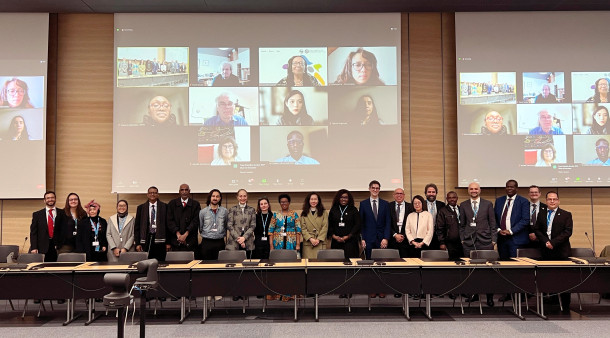Article
ROAM-X indicators for advancing Global Digital Compact and WSIS+20 review

On 16 March 2023, UNESCO held a workshop at the 2023 World Summit for Information Society (WSIS) entitled “Applying Internet Universality ROAM-X framework for WSIS+20 review and Global Digital Compact (GDC)”.
The event was organised by UNESCO Information for All Programme (IFAP) and the Regional Center for Studies on the Development of the Information Society (Cetic.br) and featured 10 speakers, including Ms Leocadie Ndacayisaba, the Minister of Communication, Technology, Information and Media of Burundi. The workshop was attended by some 70 stakeholders from government, academia, and media to explore the use of the ROAM-X framework for digital policies that prioritize human rights, openness, accessibility, and multi-stakeholder participation, and to support the implementation of the WSIS+20 review and the UN Secretary-General’s Global Digital Compact.
The workshop also discussed updating the ROAM-X framework’s indicators to address emerging digital trends and challenges such as climate, energies and environment.
Internet Universality ROAM-X framework for digital cooperation
The ROAM principles align with WSIS Action Lines, particularly C3: Access to information and knowledge; C7-E-Science, C8: Cultural diversity and identity, linguistic diversity and local content, C9-Media and C10: Ethical dimensions of the Information Society.
Moreover, the 303 ROAM-X Indicators and the national assessments in 44 countries, provide guidance to stakeholder on implementing the ROAM principles and making policy recommendations. They also support IFAP's priority areas of developing human rights-based policies for AI, social media, Internet and date governance, and emerging technologies.
Join the Global Dynamic Coalition
UNESCO encourages more countries and stakeholders to join the Dynamic Coalition on Internet Universality ROAM-X Indicators for human-centered digital governance.







